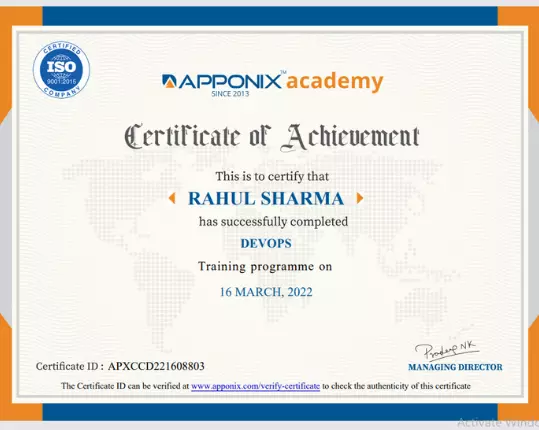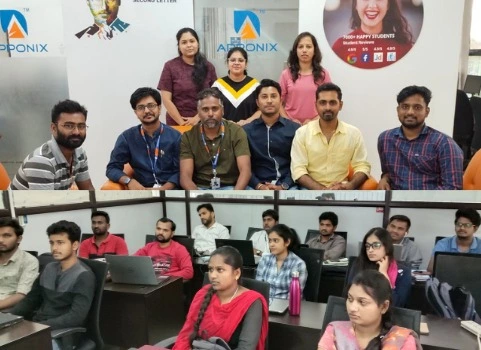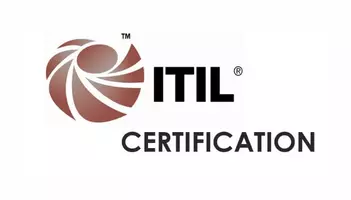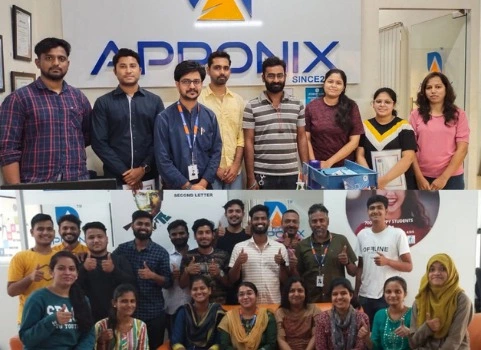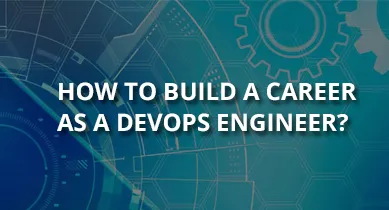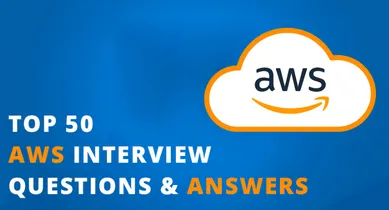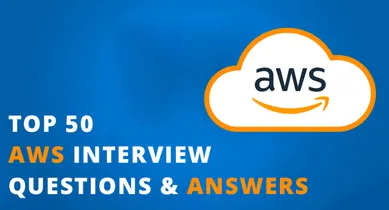DevOps Certification Training Course in Gurgaon
This course is specially designed for freshers & IT professionals who want to gain devOps skills
2000+ Ratings
3000+ Happy Learners
DevOps Training Videos
Skills Covered in DevOps Training
DevOps Training Key Features
Our Alumni Working in



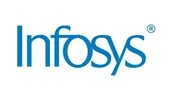

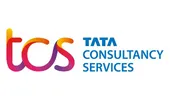

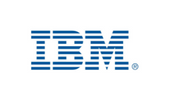

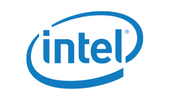
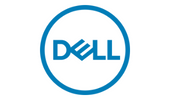
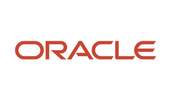
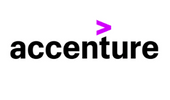


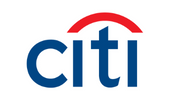





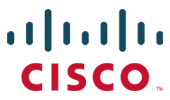

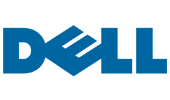








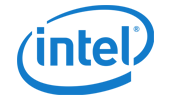
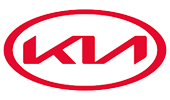


DevOps Training Course Reviews
Excellent teaching. The trainers way of explanation and approach is very good. Classes are interactive and understandable. Trainer shares good notes for each topic.
DevOps was very efficiently taught. It was full of hands-on practical sessions. Learned on Agile, SDLC methodologies end to end. The syllabus was completely covered. Vishwa is a very good trainer and I definitely recommend Apponix to my friends and colleagues. You will get the full knowledge about DevOps here. Thank you apponix
Vishwa is really good in DevOps. He helps me offline on any doubt which I get stuck during the practice of lab sessions. It was a very good experience to complete DevOps Training in apponix. Trainer clarifies all the doubts on time. He has full hands-on experience. Fully satisfied to join here.
Trainer Vishwa is very good and has a lot of patience. When we get stuck in hands-on practice he helps and explains the things to make us understand again very clearly. Overall I feel his teaching style and course content are good.
I did DevOps training with Apponix, they covered many tools in the course, which is really good of them to give very comprehensive content. This really served my objective of doing this course. Explained all the concepts in a great manner. Team support is awesome with respect to software and installation. Would definitely recommend Apponix to my friends.
I am very much satisfied with the training and the materials they give. the trainer is always ready to help us with our doubts and guides us perfectly to reach our goal. he also gives assignments and discusses a lot of real-time scenarios and applications. So far I know Apponix is the best institute for learning DevOps. i have already recommended Apponix to my friends who want to do DevOps training.
Our Recent Placements
Classroom Training
Classroom Training
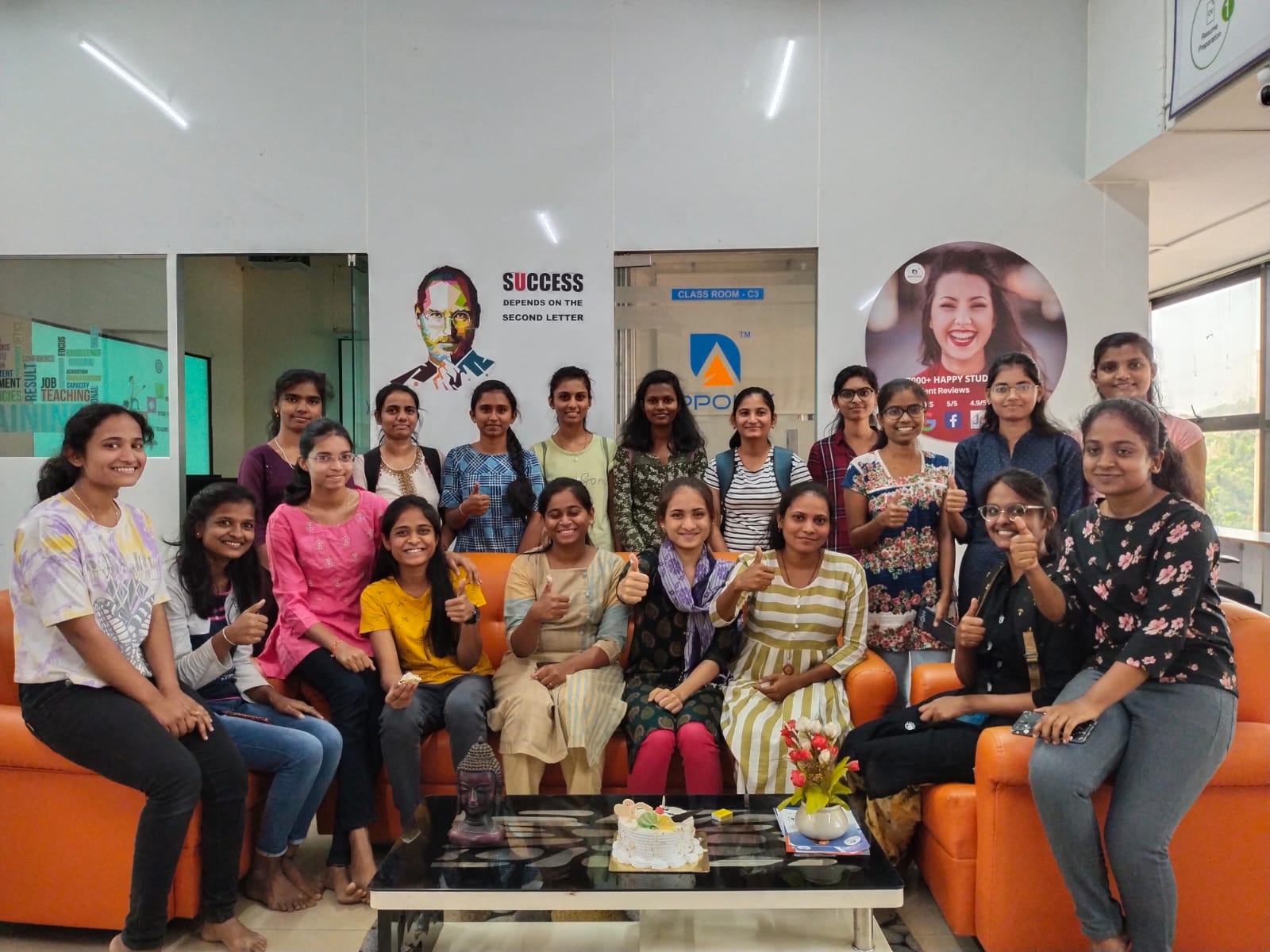
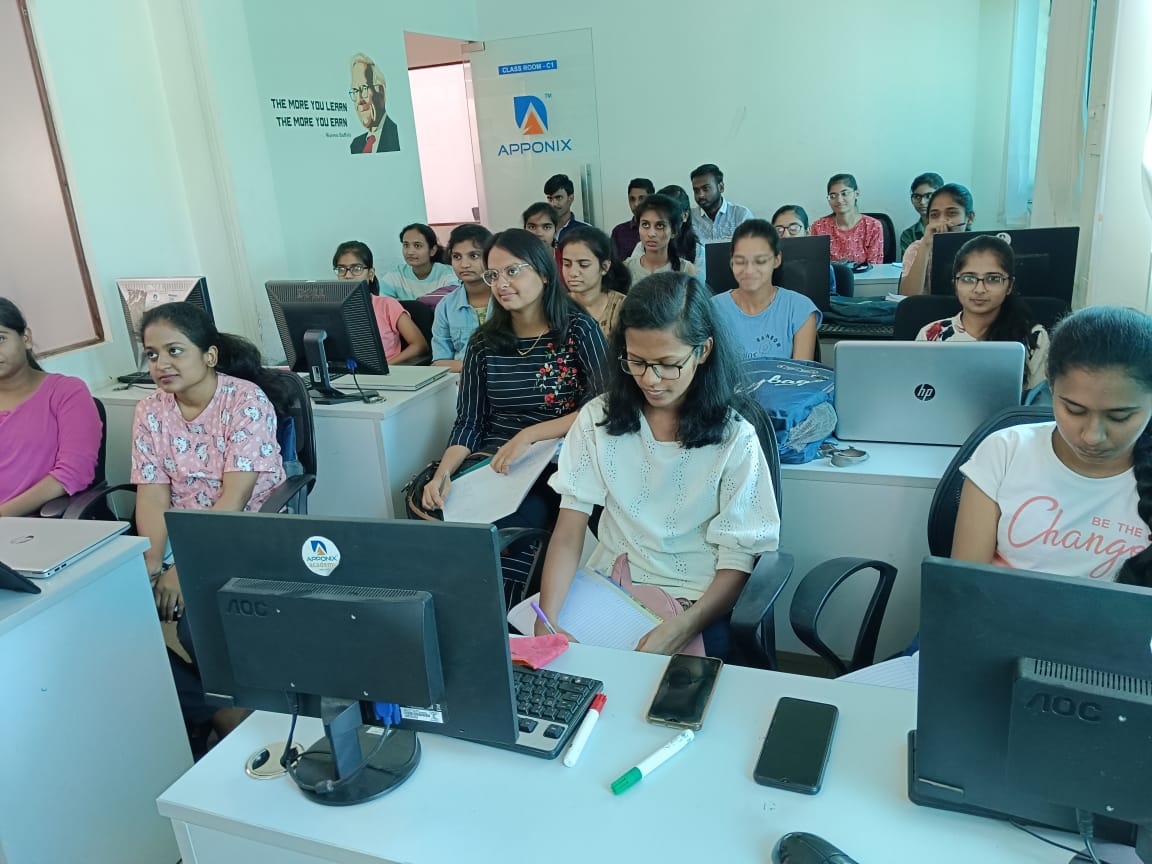
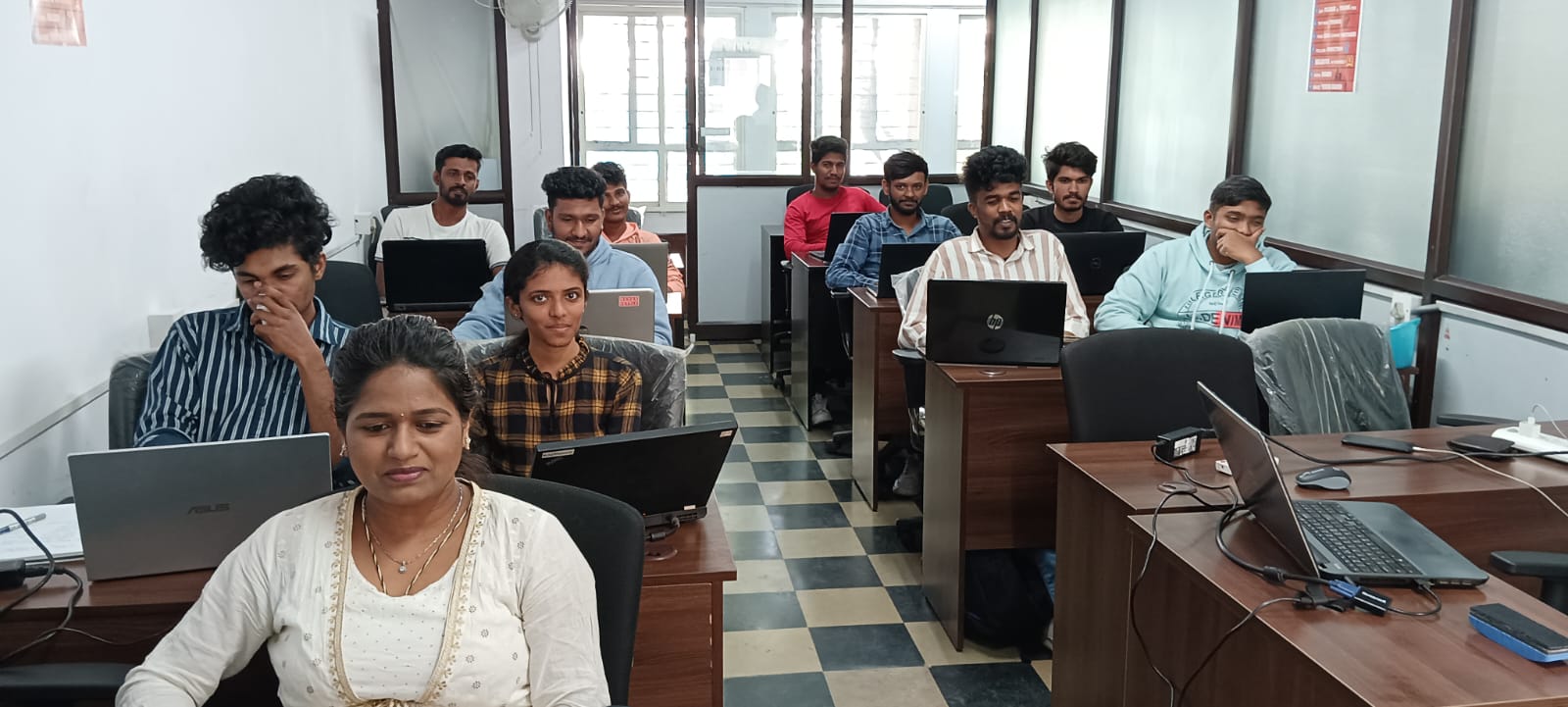
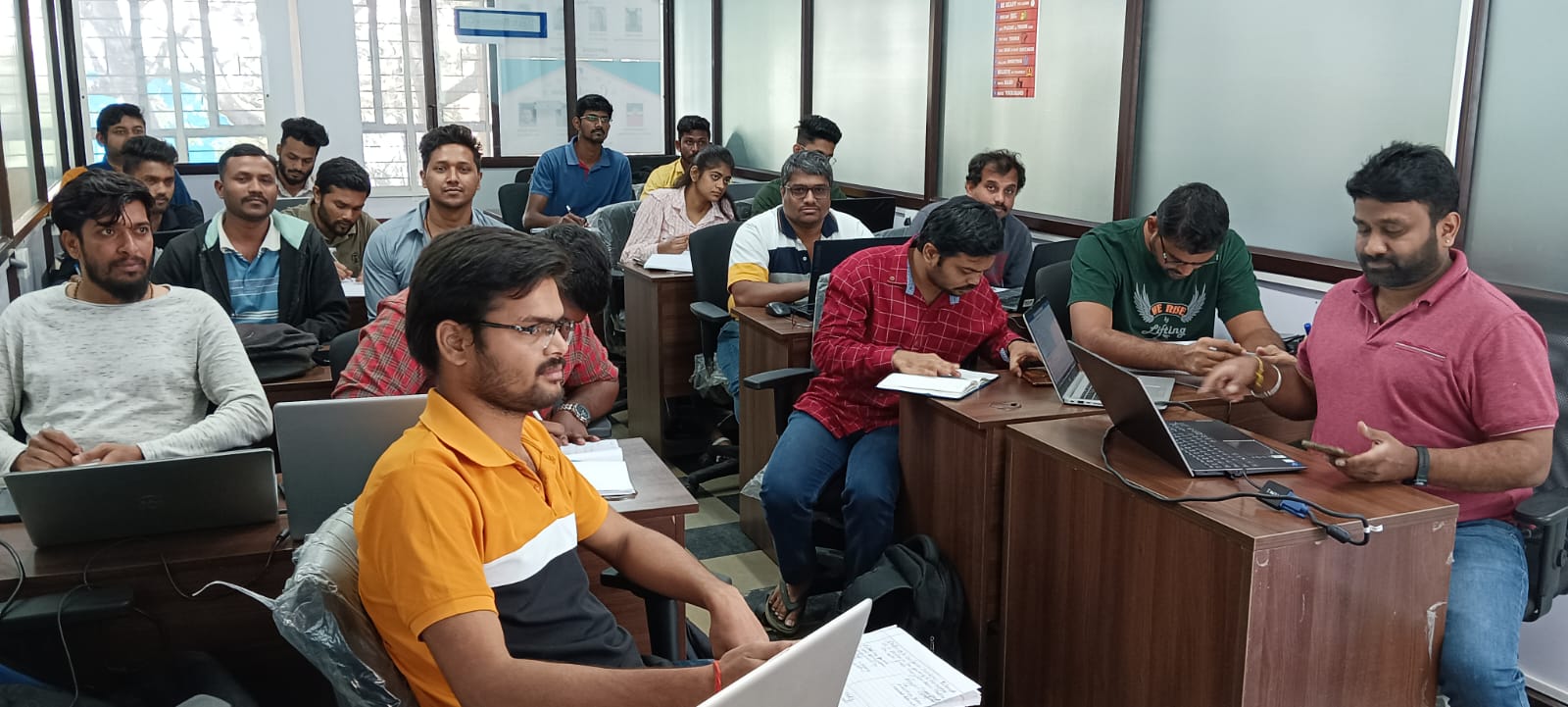
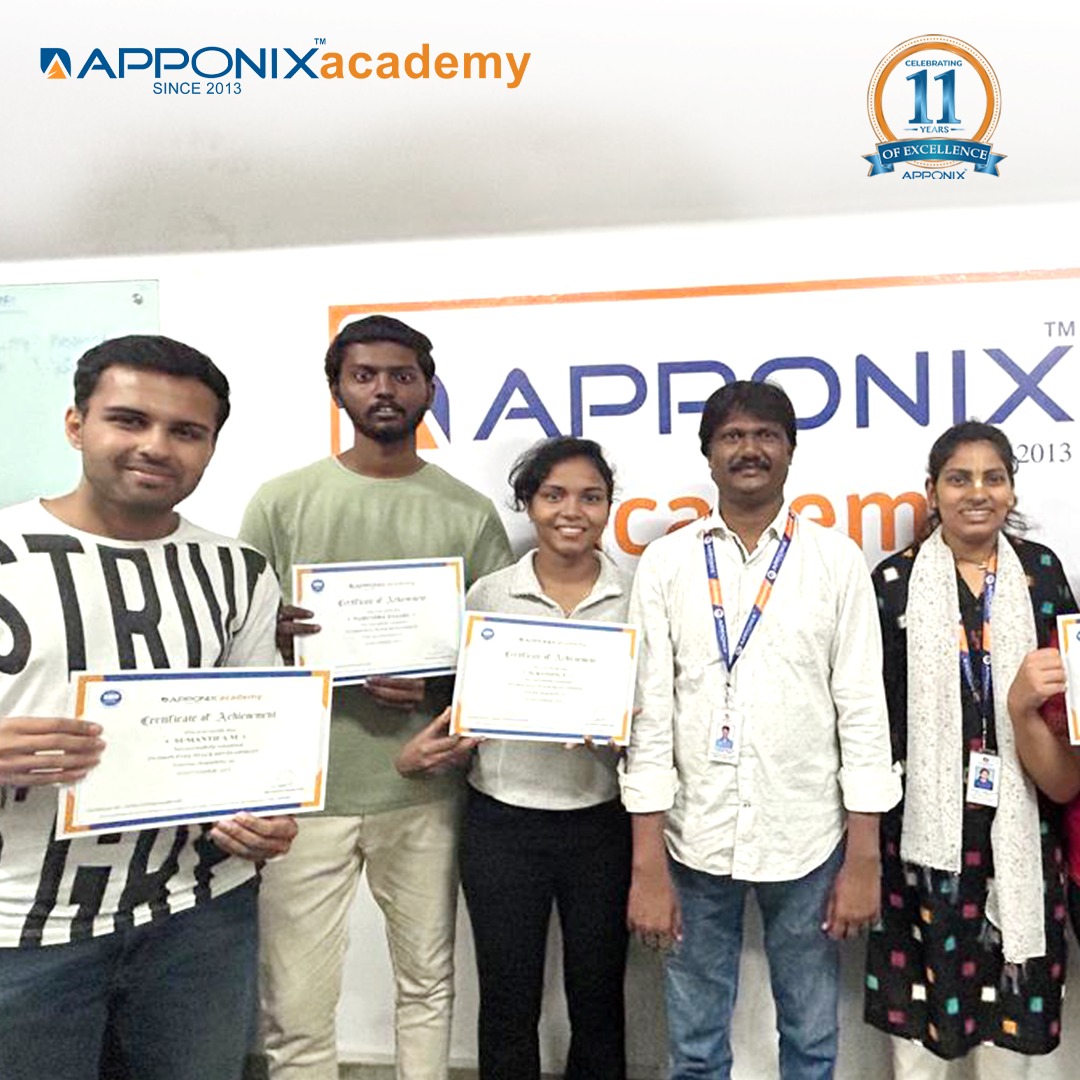
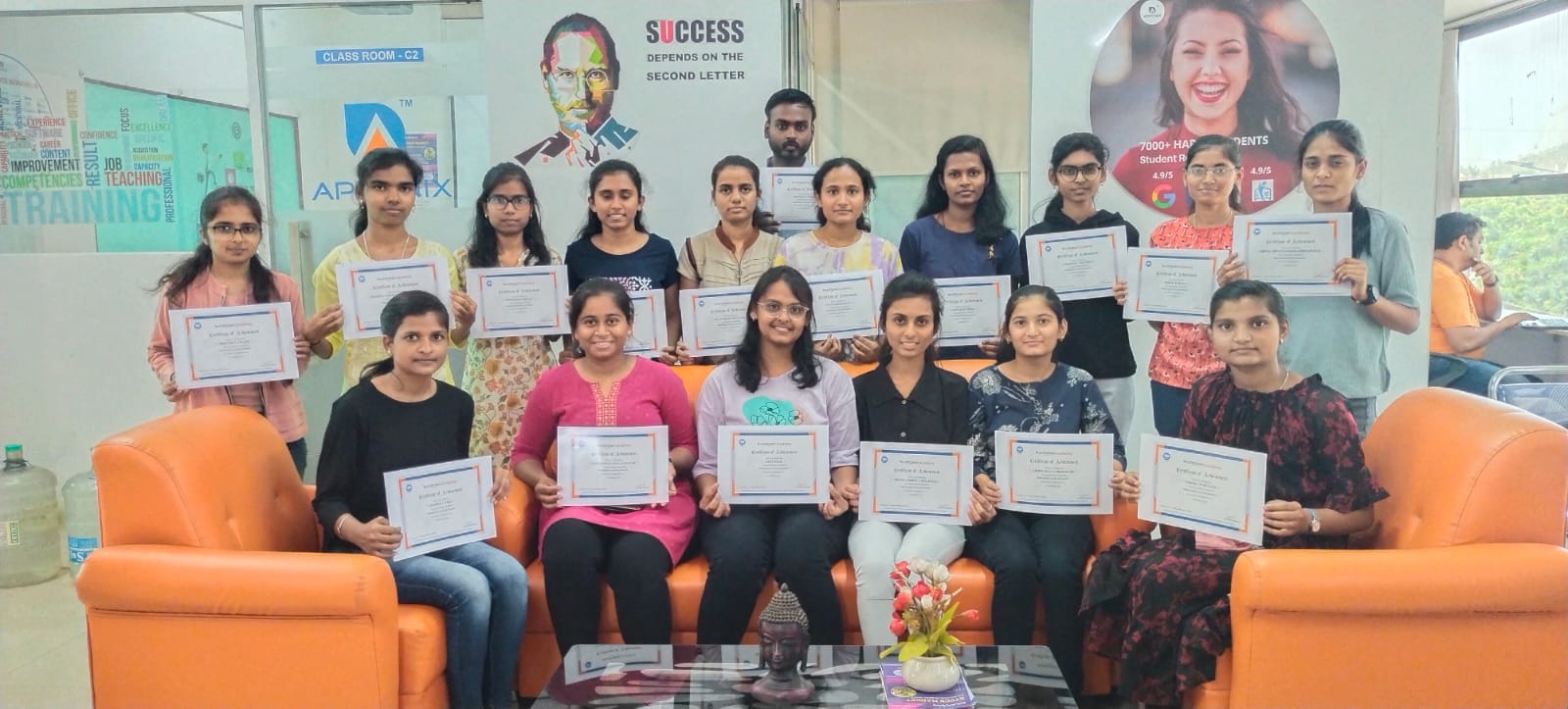
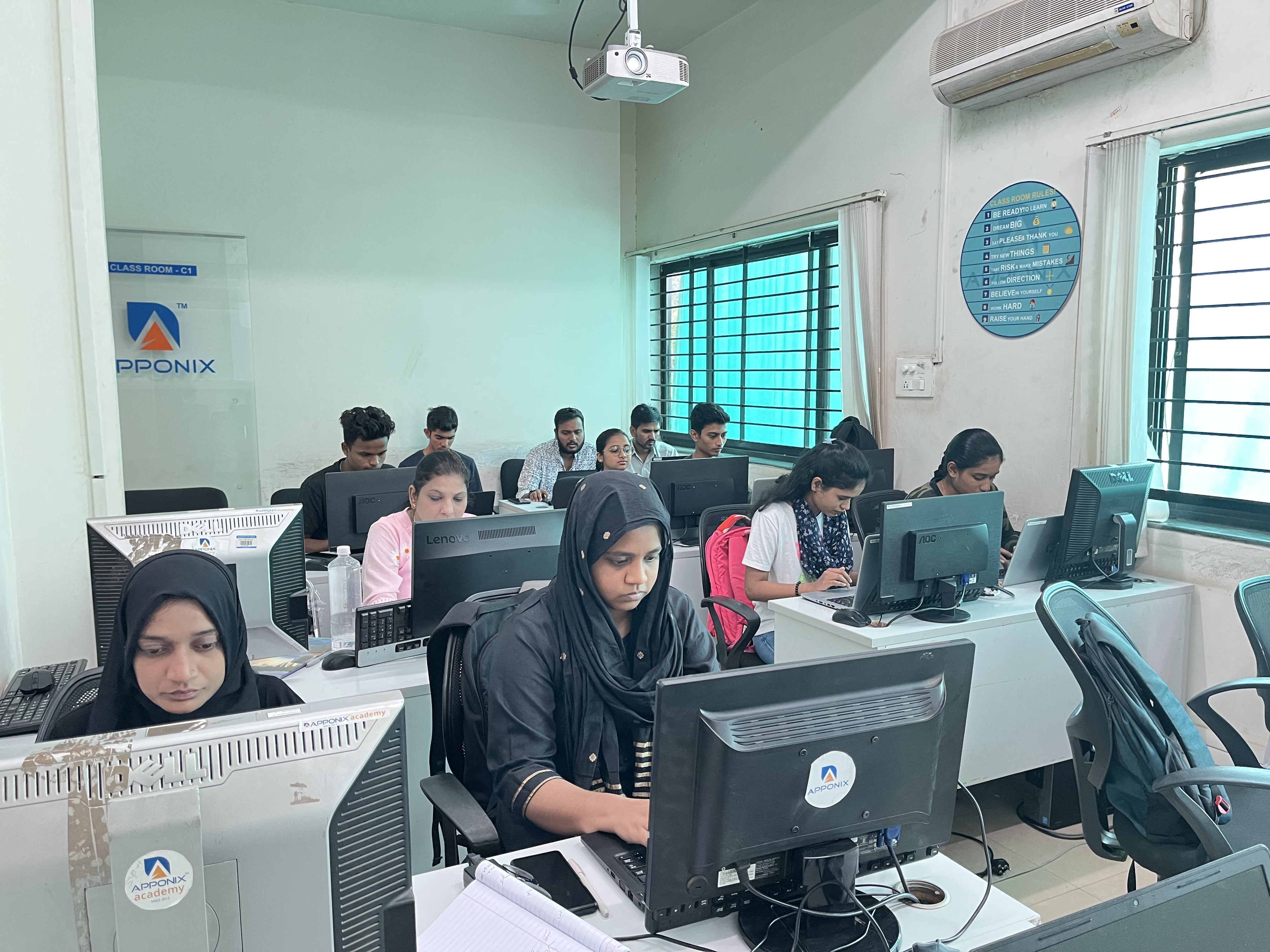
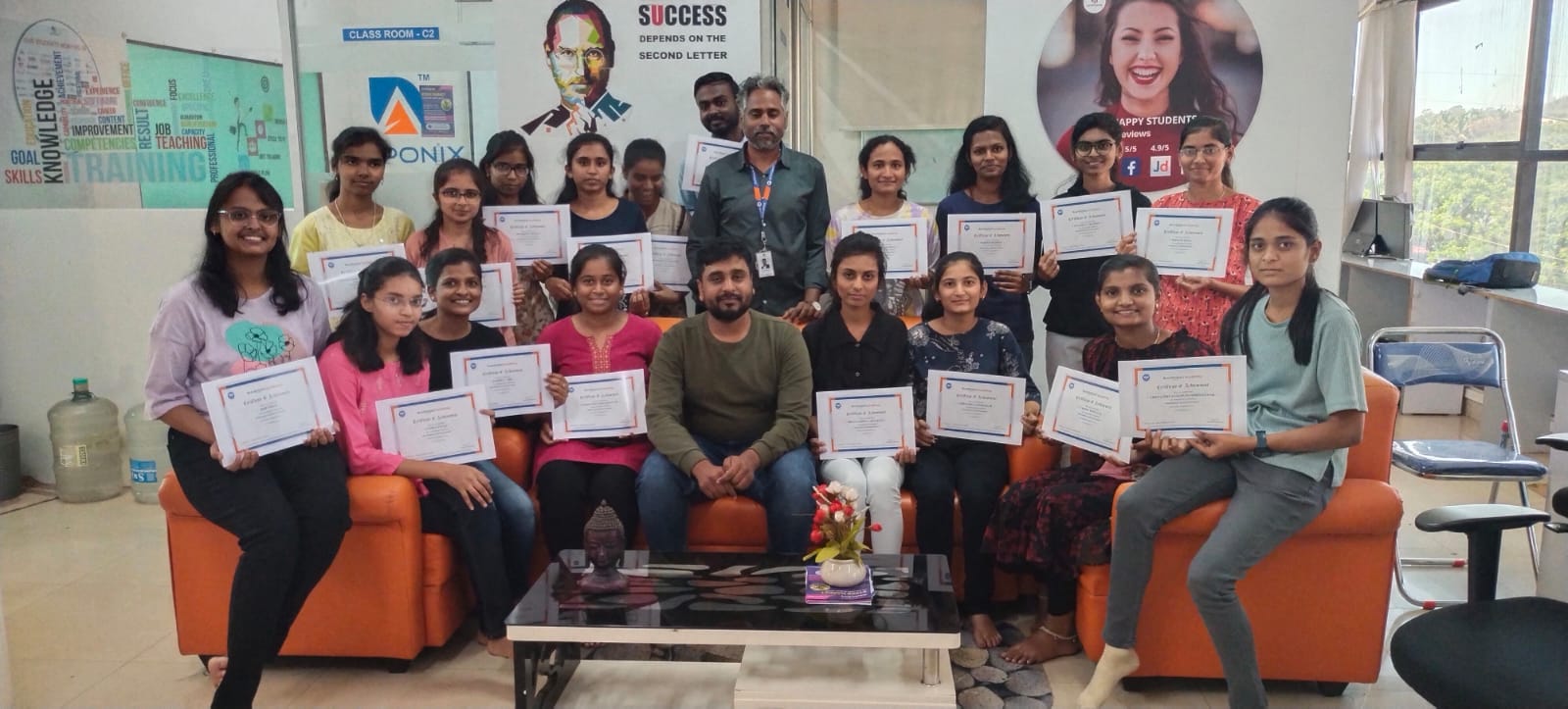
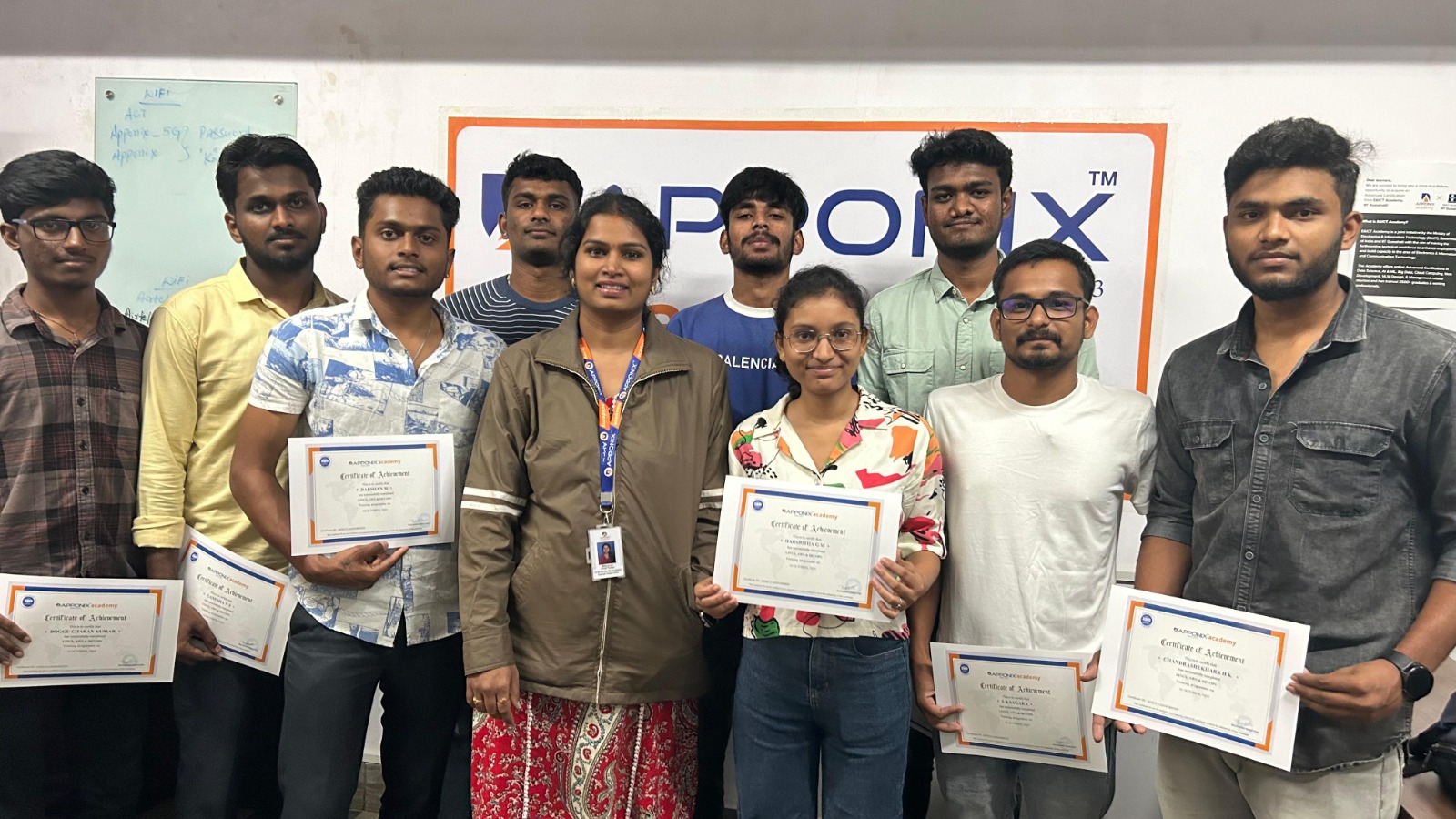
Fees & Training Options
Class room Training
- Interactive Classroom Training Sessions
- 40+ Hrs Practical Learning
- Delivered by Working Professionals
- Realtime DevOps deployment Projects
- Excellent Classroom Infrastructure
Online Training
- Interactive Live Training Sessions
- 40+ Hrs Practical Learning
- Delivered by Working Professionals
- Realtime DevOps deployment Projects
- 1 Year Access to Recorded Sessions
- Devops Certification Assistance
- Daily 2 Hrs or Weekend 10 Hrs
- Placement assistance will be provided
- Doubt Clearing Sessions
- Regular assignments will be given and assessments will be taken.
DevOps Training Course Syllabus
Prerequisites
You need to be flittle bit amiliar with system administration or should have a IT relevant knowledge.
Experience in working as a developer or as a system administrator will help you more.
DevOps Training Course Syllabus
- Git Bash installation and Git hub account setup
- Tomcat installation and Configuration
- Jfrog Artifactory installation and Configuration
- Maven Installation and Configuration
- Jenkins installation and Configuration
- Ansible Installation and Configuration
- Sonarqube installation and Configuration
- Docker Installation and configuration
- Java installation and Configuration
- Environmental variable setup for both windows and Linux
- Introduction to DevOps
- What is DevOps?
- SDLC models, Lean, ITIL, Agile
- Why DevOps?
- History of DevOps
- DevOps Stakeholders
- DevOps Goals
- Important terminology
- DevOps perspective
- DevOps and Agile
- DevOps Tools
- Configuration management
- Continuous Integration and Deployment
- Working with Block box testing
- Working with White box testing
- Working Grey box testing
- Working with Function testing
- Working with Regressing testing, smoke testing, System testing, Integration testing etc.
- Process flow of Scrum Methodologies
- Project planning, scrum testing, sprint Planning and Release management
- Analysis
- Design, Execution and wrapping closure
- Introduction to Linux Families (ex: Redhat & Debian Family)
- working with APT and YUM and Dnf
- Working with AWK and SED commands
- Installation, Package Selection
- Anatomy of a Kick start File, Command line
- Introduction to Bash Shell
- System Initialization, Starting the Boot Process: GRUB.
- Securing single-user mode (su login)
- Shutting down and rebooting the system
- RPM Package Manager, Installing and Removing Software, Updating a Kernel RPM
- Yum Command set, Install packages by using yum.
- Apt-get command set, Apt-cache package management
- Understanding different types of groups and creation of groups
- Creation of users in different groups
- Understanding Passwd, Shadow Files
- Understanding past aging
- Creation of quotas for users, groups, and file systems
- Understanding user's security files
- The different commands for Monitoring the users
- TROUBLESHOOTING
- Automation of jobs – Cron, at
- Working with commands tar, find, grep, etc.
- Understanding the different types of run-levels
- Understanding different types of shutdown commands
- Understanding run control scripts
- Understanding the different types
- Overview of SVN, GIT, Clear case, perforce & Comparision
- Introduction of Git
- Selecting Git Client
- Creating Repository
- Working with Tag
- Creating and Merging Branches
- Executing Git Commands
- Git Logs, Git stash, Git rebase
- Merge conflict issues resolving
- Git pull, clone, fetch
- What is Ansible
- Change Management
- Provisioning with Ansible
- Benefits of using Ansible
- Introduction to Ansible Anatomy
- Ansible Requirements Specification
- Overview of Ansible Components
- Overview of Ansible Strategy
- Introduction to Ansible Playbook
- Introduction to Ansible Modules
- Lab (Docs, setup, service, yum ...etc)
- Working with Ansible Variable
- Working with Facts
- Working with Jinja2 Template
- Overview of Ansible Playbooks
- Playbook Language Example
- Working on Ansible Handlers
- Executing a Playbook.
- Introduction to Docker.
- What’s under the hood - Namespaces, Cgroups and OverlayFS
- Understanding Virtualization
- Virtualization vs Container
- Creating a Virtual Docker Host(CentOS) by using Vagrant
- Installing Docker on CentOS
- Introduction to Docker namespaces
- Introduction to Docker Images
- Building a Docker Image with a Dockerfile
- Sharing Data in Your Docker Host with Containers
- Sharing Data Between Containers
- Copying Data to and from Containers
- Creating a Docker Hub Account.
- Building Images using DockerFile.
- Pull and Push Images From/To Docker Hub.
- Introduction to Docker Networking
- Finding the IP Address of a Container
- Setting Up a Custom Bridge Network for Docker
- Port Mapping for Docker
- Creating, Starting, Stopping, Renaming, Removing Containers
- Inspacting Containers
- Limiting Rrsoruces Memory and CPU
- Prioritizing CPU Utilization
- Introduction to Docker compose
- Creating Docker compose file
- Executing Docker Compose file
- What is Continuous Integration
- Jenkins Continuous Integration
- What is Continuous Deployment
- Jenkins Vs Jenkins Enterprise
- Downloading and Installing Jenkins using TomCat
- Creating Jenkins as a Service.
- Starting and Stopping Jenkins
- Secure Jenkins
- Create a new user
- Generate ssh key for Jenkins user
- Plug-in management
- Setting up a Jenkins job (Freestyle, Pipeline, maven, MSBuild, Pybuild)
- Jenkins parametrized jobs setup (choice params, boolean params, etc)
- Email notification jobs
- Parallel jobs configuration
- nodes (slaves) configuration
- Git integration with Jenkins
- Maven Integration with Jenkins
- ansible , are factory integration
- Docker and scanning tool integration
- AWS and code review tool
- Role Role-basednistration
- Project-based administration
- Metric-based administration
- Slaves configuration
- Users and group creation
- What are maven and Msbuild, Pybuild,gradle and ,ant
- Maven Evolution
- Maven Objective and Environment setup
- Maven project creation
- What is POM.xml and super POM
- Maven build life cycle creation and Default Build lifecycle
- Maven Project setup
- Maven plugin download and setup
- Maven Build automation with CI service
- What is GAV and project and Snapshots, version
- Maven Web application creation with pom.xml
- What is the Maven repository
- Local repo
- Central repo and Remote repo
- Maven Dependencies and plugin
- The need for a Container Orchestration Engine
- Battles of COEs, which one to choose
- Key Features of a COE.
- What makes Kubernetes the defacto COE choice.
- ?egatives of using Kubernetes
- Namespaces
- Pods
- Replica Sets and Deployments
- Service Discovery and Load Balancing
- Configmaps, Storage, Network, RBAC
- Statefulsets, Crons and Jobs
- Kubernetes Architecture
- Provisioning and configuring on AWS
- Initialise Cluster with Kubeadm
- Setting up Weave CNI
- Launching Kubernetes Dashboard
- Setting up a kuberKubernetesalizer
- Resetting cluster created with kubeaKubeadm
- Introduction to pod
- Writing pod Specification
- Launching and Operating Pods (Login to the pod, browsing the web UI of the pod)
- Attaching a volume to a Pod
- Launching Multi-Container Pods
- Connecting to Individual Containers
- Launching Replica Set and Fault Tolerance
- Solution part - Deploying a worker app
- Introduction to ConfigMaps and Secrets
- Creating Config Map for Vote the app
- Setting up Envirenvirenvironmentific conficonfigsigs from Files
- Creating Secrets to Encrypt Database
- Setting Environment vars using Secrets
- Creating default network policy for namespace
- Exposing public-facing apps and allowing inter-namespace communication.
Explanation on tools that detect statistically buggy code patterns and structures, helping developers avoid common traps.
- This tells us about effective unit tests through analysis of the coverage of our codes. It reveals
- Brief on identifying bugs, security vulnerabilities, and optimization opportunities
- Discussion on how Reduced Time Spent Searching Online
Theoretical discussion on OpenSource security tools :
Vulnerability Tracking Tools:
- Dashboard Tools:
- Compliance Tools:
- Infrastructure Security Tools:
- Container Security Tools:
+91 80505-80888
Projects /Assignments
CI/CD of Java App to Tomcat Using Jenkins
Set up a Jenkins pipeline to pull Java code from GitHub, build with Maven/Gradle, and deploy a WAR file to Tomcat using SCP or a plugin. Trigger deployment on each code push or PR.
Learning Outcome: Learn CI/CD, Jenkins setup, artifact handling, and automated deployment.
Java Code Quality Analysis with SonarQube & GitHub Actions
Configure SonarQube (Docker/local), and integrate with GitHub Actions to analyze Java code on every push or PR. Use SonarScanner with Maven/Gradle and apply Quality Profiles for code standards.
Learning Outcome: Understand static code analysis, CI integration, and improving code quality early.
Our Top Instructors
Overview of DevOps Training Course in Gurgaon
Our DevOps training course in Gurgaon is ideal for beginners and professionals alike who are interested in taking leadership positions at IT firms.
This course will teach the enrollees techniques that they can implement to effectively bridge the gap between developers and operations teams.
The course curriculum is curated by certified DevOps professionals associated with MNCs.
The curriculum will be a mix of case analysis, live projects as well as hands-on training sessions.
Our DevOps trainers are veterans in the sector. They will cover both the basics and advanced aspects of DevOps that are relevant and trending.
Benefits of learning DevOps
Be ready for the time ahead when DevOps will become an integral part of the Indian IT sector. Our DevOps training course has a curriculum that can help you secure an attractive post in leading as well as small-scale IT companies in India.
DevOps is slowly gaining traction in India and it is natural that the demand for skilled DevOps experts to increase exponentially.
Join our DevOps training online course in Gurgaon or take part in our offline classes and be future-ready!
Related job roles
- DevOps Architect
- IT Solutions Architect
- Technical Project Manager
- DevOps Consultant
- DevOps Engineer
DevOps Certification Training Course
This DevOps certification training program helps you gain practical hands-on skills with automation, CI/CD, Containerization, Monitoring, Cloud Deployments, and advanced DevOps culture adoption used by top IT companies.
Our DevOps course is designed as per current industry requirements so you can confidently handle real-time production scenarios, deployments, troubleshooting and collaboration between development and operations teams. This training supports you to become job-ready with a strong foundation + tool based expertise.
What skills do I need to possess to excel in DevOps?
If you want to excel as a DevOps specialist, then you need to have a better understanding of DevOps culture, Docker, Jenkins, Chef, etc
What is the salary for a DevOps engineer in India?
The salary for a DevOps engineer in India lies in the range of ₹ 4.5 Lakhs to ₹ 14.0 Lakhs per annum.
Entry-level DevOps salary in India is often in the range of ₹ 4.0 to 9.5 Lakhs onwards.
Why Should You Learn DevOps
- The average salary of a DevOps Engineer in India is Rs 7,12,453 per year
- Entry-level positions start at Rs 3.5 Lacks per year
- You are in demand – You can continue to work in India or pursue work overseas. DevOps skills will be high on the list of priorities for organizations.
- The pay is very good – Earning opportunities are endless because of the demand and need for good and skilled DevOps Engineers.
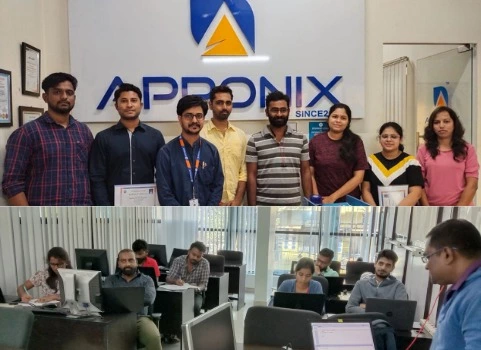
DevOps Training
What are the benefits of DevOps for a software company?
DevOps allows a software development company to continuously improve its products. It also allows the company to scale up or down the number of operations its products can perform at any given point in time.
What is the scope of DevOps abroad?
The global IT sector is slowly migrating towards automation and with automation, reliable software applications need to be developed constantly. DevOps plays a vital role in this aspect hence; the demand for DevOps specialists is extremely high overseas!




















